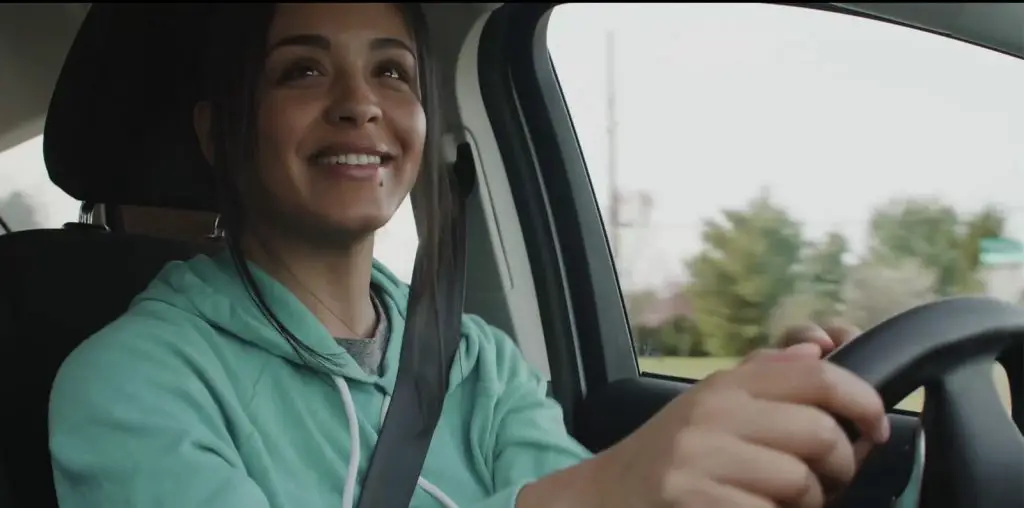
More an open-book into history; than an enjoyable journey, Phillip Noyce’s thought-provoking, and ultimately distressing “Rabbit-Proof Fence” is the inspired re-telling of three aboriginal children forced from their homes and strained into camps without their mothers in toiled times of 1931 Australia.
Noyce’s film is based on the true story of three girls – Molly, Gracie, Daisy (Evelyn Sampi, Laura Monaghan, Tianna Sansbury): in 1931 they were forcibly detached from their families at Jigalong, WA and taken to a camp 1500 miles away at Moore River to be trained as conjugal servants, all part of official Government policy. Molly leads an impromptu escape from the camp, fleeing towards a rabbit- proof fence she knows will lead them back to their mother in Jigalong.
Western Australia’s Chief Prosecutor of Aboriginals, A.O. Neville (Kenneth Branagh) is adamant that he will recapture the girls; but when an experienced tracker and even the authorities fail to tag the escapees – his plan looks more and more foiled.
“Rabbit-Proof Fence” is a movie Australia needs to see. Up to 1970, this was the state of our country’s modus operandi – and Aboriginal children (half-castes to be exact) were pulled from the clutches of their families to live and work in a white man’s world. The stories of Molly, Gracie and Daisy are just three of these tortured souls.
The performances of young Sampi, Monaghan and Sansbury are amazing. They’re immersing and compelling. Their race back to their loved ones is a journey we couldn’t have shared had the young girl’s been incapable of drawing in an audience. Additionally, David Gulpilil works magic with his impressive portrayal of the tracker Moodoo; and Kenneth Branagh is commanding as the film’s central villain.
Whilst not a film to be relished; “Rabbit-Proof Fence” is an afternoon in a library of yesteryear events, events that should be recalled.
